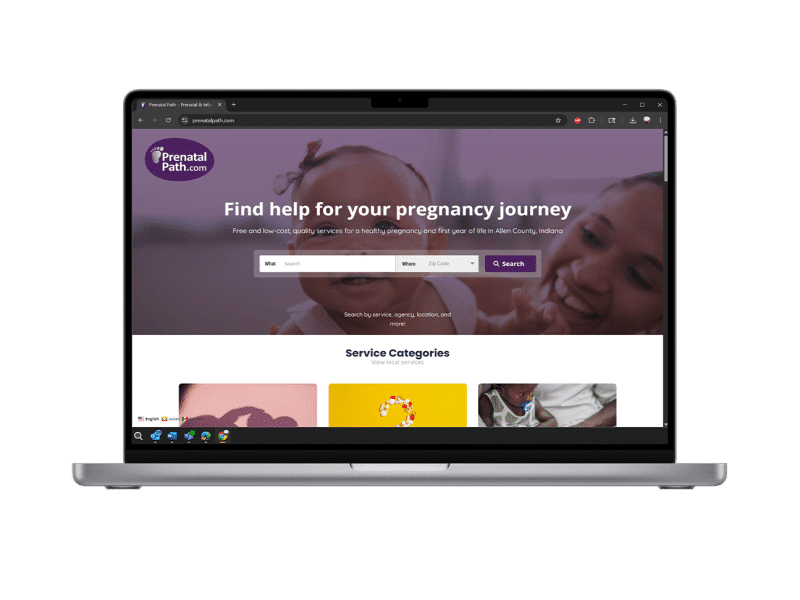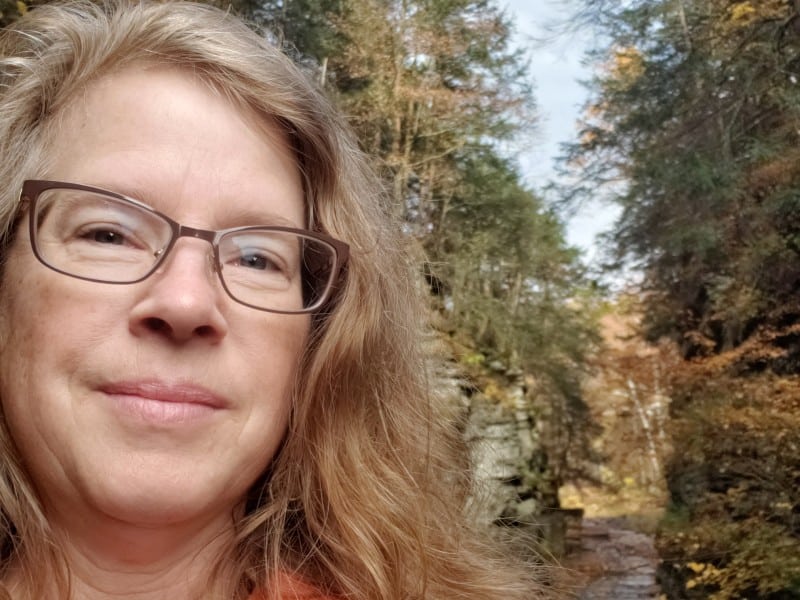Ask an Environmentalist: What will our environment look like after the COVID-19 pandemic?
We’re seeing a quieter and cleaner world now, but what does the future hold?

As different parts of the world have been experiencing variations of “stay home” orders during the global COVID-19 pandemic, there have been stories popping up about the positive effects of reduced human activity on the natural world.
Seismologists are reporting that the world is quieter due to fewer cars, trucks, airplanes, cargo ships, and other forms of transportation operating. This means that wildlife has a chance to be heard—by each other and us. People who live in big cities and have not previously noticed birds are getting to hear the mating calls of this peak spring season, and those calls are more apt to be heard by the prospective mates themselves. Ocean life, similarly, is being treated to the calming effects of less sound pollution that typically can cause stress. Whales are probably better able to migrate and find food without the distractions of technological interference.
Photos are being shared online, showing clear air and water in places that have not seen it in many years. Canals in Italy are crystalline for the first time in memory. The Himalayas are visible from India after decades of air pollution.
It’s amazing how clean the world can be when we all slow down and stay home.
But while the pandemic might inspire us to rethink our whirlwind schedules, it’s also causing us to use more disposable plastics—and our fears might make us vulnerable to manipulation by industries out to make a profit.
Don’t get me wrong: Some single-use products right now are crucial to maintaining safe working conditions for medical and other essential personnel. Some are important for imparting a sense of protection to all of us as we occasionally have to engage with others for things we deem necessary, like groceries.
You’ve probably noticed that many grocery stores in Fort Wayne and across the country are refusing to bag groceries in a customers’ reusable bags to decrease staff’s exposure to outside microbes. And for the time being, extreme caution like this is warranted.
But as we navigate the ongoing effects of this pandemic beyond the immediacy of flattening the curve, it’s also important that we’re diligent in safeguarding the health of our environment and its future, too.
For example, as states enact temporary bans on reusable bags, remember that big plastic has tried to ban reusable grocery bags before—not just during virus outbreaks.
While research shows that Coronavirus can persist on many surfaces for various amounts of time, that includes your clothing and body and the air around you just as much as a plastic bag or a pair of latex gloves. There is no inherent safety in using disposable plastics.
On top of that, plastic is made from petroleum—an industry that hasn’t given us reason to trust that they have the interests of planetary health in mind. Big plastic may try to move in and prey on fear to reverse the trend away from using its products, and in the long-term, that just doesn’t make sense.
Washing fabric bags in hot water and drying them has been shown to kill viruses, as has wiping down surfaces of vinyl bags with a sanitizer. These practices will be helpful when we can start safely bringing reusable bags back into stores.
For now, comply with the safety standards, but be careful what you believe, and don’t allow fear to drive your decisions going forward. If you see a study funded by big plastic saying that plastic is the safest option for grocery bags, check your sources.
After all, we should be wary of being told that the world needs to return to the way it was before the pandemic. We don’t have to let economic interests drive us to return to destructive behaviors.
Before we go back to flying, buying, double wrap everything in plastic, and not thinking twice about it, let’s consider how to maintain some of the quiet and clean this pandemic has created for the world.
Let’s think about how to keep our waterways free from single-use plastics that can strangle and choke wildlife—and pollute our own water systems.
Let’s take advantage of this rare reset button to make an eco-friendly world the “new normal.”











